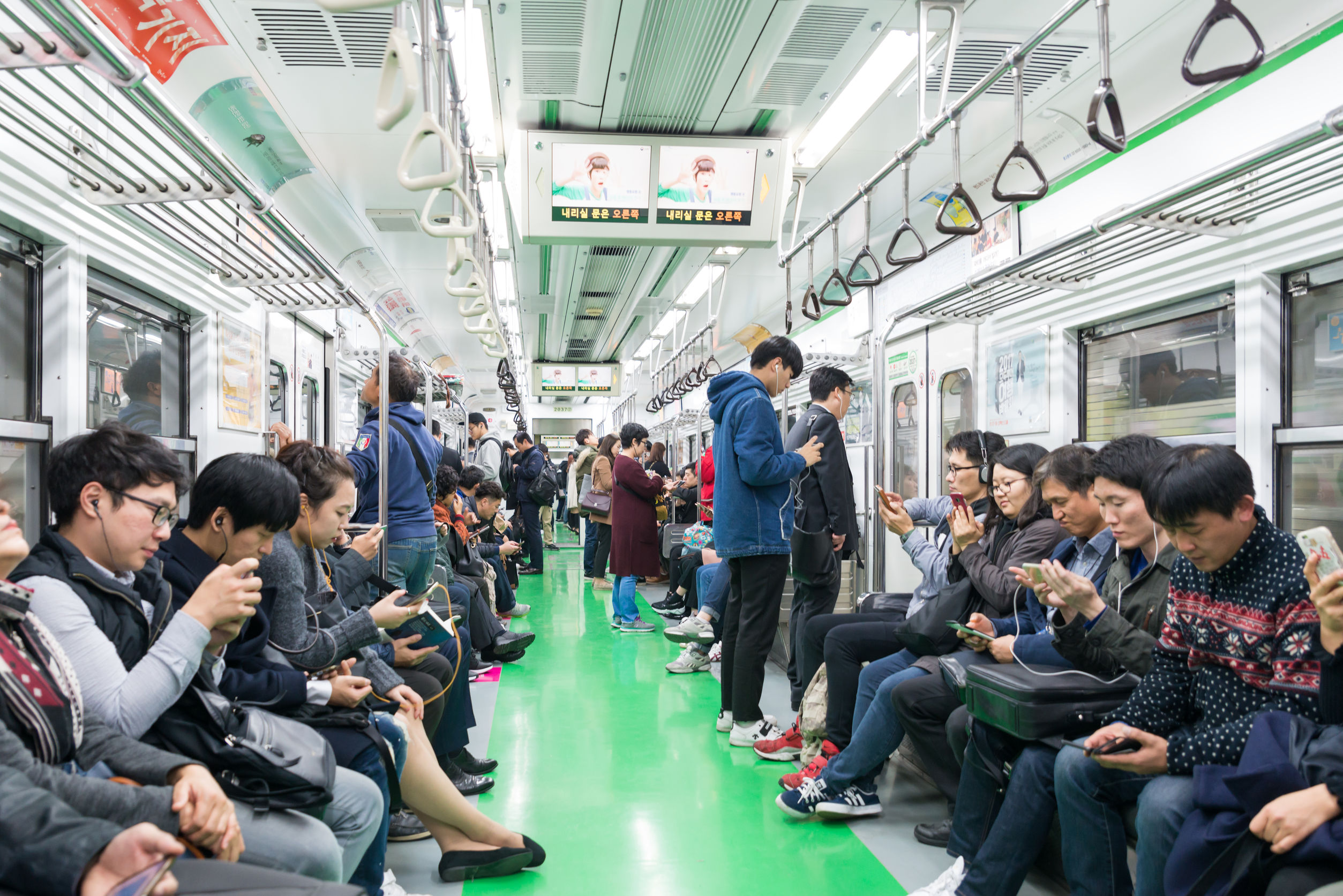South Korea’s revised labour law allows more flexibile work week
- Charles Chau

The revision of the Labour Standards Act has raised the period during which employers must ensure that their staff work no more than an average of 52 hours per week, from the current three months to a maximum of six months.
This is in response to companies which have raised the issue of difficulties in meeting production deadlines since the 52-hour workweek was implemented in 2018.
Under the current system, employers can comply with the 52-hour workweek regulation by allowing workers to clock more hours during weeks with heavy workloads and fewer hours during weeks with less work to achieve an average of up to 52 hours over three months.
The revised law, which increases this period to six months, is intended to give employers even more flexibility in deciding the number of hours their staff can work per week over a longer period of time.
To address concerns that the revision of the law would lead to abuse, the labour ministry has made it compulsory for employers to ensure their staff gets at least 11 hours of rest between working days and have in place a system that justly compensates employees for overtime.
READ: South Korea’s revision of law leaves labourers still vulnerable
Employers must have a written agreement with an employee’s representative if they were to implement the new flexible work arrangement. However, the law does not stipulate who this representative should be.
A bill spelling out the status, authority and selection method of the employees’ representative is currently pending in the National Assembly, according to Yonhap.






